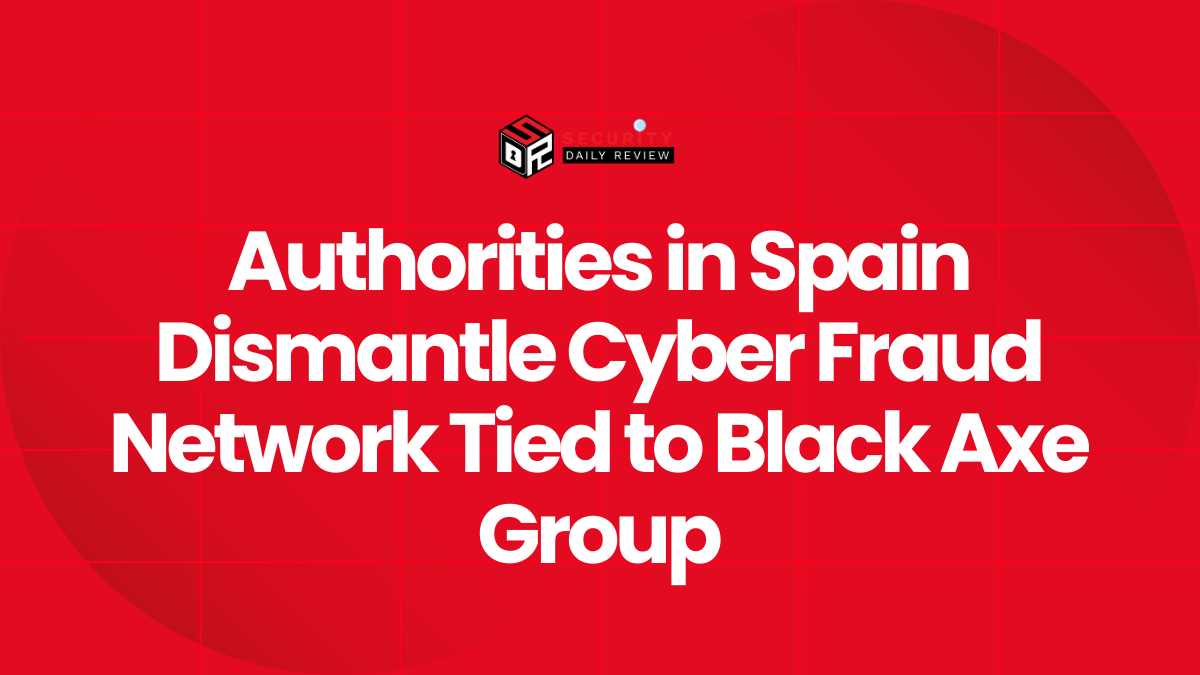North Korea-linked threat actor Konni has launched a new round of cyberattacks using social engineering techniques and cross-platform malware to compromise both Android and Windows systems. The operation combines psychological manipulation and technically sophisticated tools to harvest victims’ sensitive data and maintain remote access across devices.
Konni Adopts Cross-Platform Strategy for Maximum Infiltration
Security researchers have observed Konni expanding its attack surface to include Android devices, widening the scope of its traditionally Windows-focused espionage operations. These developments reinforce Konni’s position as a persistent intelligence collector targeting individuals interested in North Korean issues.
Konni, a group tracked under several aliases including Earth Imp, Opal Sleet, TA406, Vedalia, and Osmium, has been tied to state-sponsored email phishing and malware campaigns since at least 2014. The group is believed by multiple cybersecurity firms to be associated with North Korea and routinely targets victims aligned with Korean Peninsula affairs.
Spoofing Counselors and NGOs to Deliver Payloads
Psychological Themes Mask Malicious Intents
The latest campaign pivots toward themes of mental health support and political activism. Attackers craft convincing lures by pretending to be:
- Psychological counselors offering mental health resources
- North Korean human rights activists distributing advocacy material
These pretexts are used to entice targets into downloading malicious payloads for Android and Windows platforms. Notably, the attackers disseminate applications disguised as stress-relief programs to manipulate their victims by exploiting emotional vulnerabilities.
Android and Windows Tools Enable Bi-Directional Surveillance
The Android-based malware components act as spyware, capable of surveilling and extracting a wide range of data types. According to findings from South Korean cybersecurity firm Genians, the mobile application used in these attacks grants the operator access to:
- SMS messages
- Contact lists
- Stored files
- Location data
Meanwhile, Konni’s Windows payload repurposes tools historically attributed to the group. Consistent with previous operations, the malware performs remote command execution, keystroke logging, and data exfiltration. Together, the dual-platform payloads offer the attackers comprehensive insight into the targets’ activities and communications.
Persistent Targeting of Politically-Sensitive Communities
Konni continues to focus its attacks on individuals and groups concerned with North Korean socio-political issues. The targeting aligns with the group’s historical interest in dissidents, journalists, humanitarian organizations, and academic researchers.
This focus is reflected not only in the subject matter of the lures, but also in the social engineering tactics used to build rapport with victims. Attackers adopt the identities of trusted community figures such as human rights advocates and NGO staff to legitimize their requests and introduce malware under the guise of shared political interest or psychological support.
Long-Term Risk and Strategic Objectives
Intelligence Gathering Over Financial Gain
Unlike many cybercrime operations aimed at financial theft or ransomware deployment, Konni’s primary mission appears to be espionage. The incorporation of mobile platforms signifies a shift towards more holistic victim profiling and continuous data harvesting. These tactics suggest the attacker is pursuing long-term access, rather than short-term disruption or extortion.
“The adoption of Android spyware signifies Konni’s operational maturity and its commitment to persistent surveillance tactics,” researchers noted.
Implications for Defenders
Security teams should consider assigning high-risk ratings to NGOs and North Korea-related researchers, especially those using personal devices. Because Konni’s techniques span operating systems and rely heavily on social engineering, defense requires a multilayered approach focused on:
- Email and mobile app traffic inspection
- Endpoint detection and response (EDR) across mobile and desktop devices
- Continuous user awareness around phishing and identity spoofing









